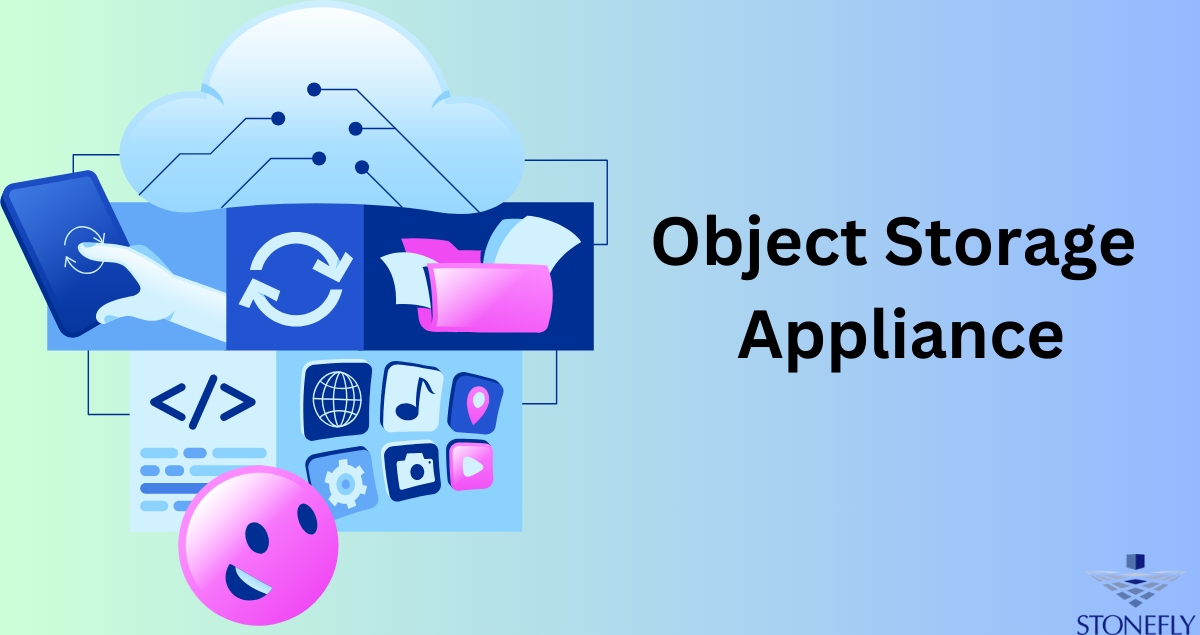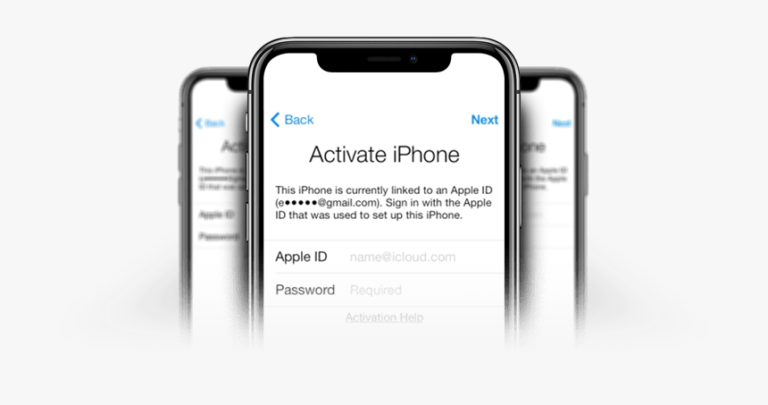Object Storage Appliance: Satisfying Modern Storage Needs
Object Storage Appliance: Satisfying Modern Storage Needs
Years ago, the idea of storing data in a cloud was just a concept with many unknowns. Today, it has become an essential part of our daily lives, allowing us to store and access vast amounts of data at any time and from anywhere in the world. As technology continues to advance, so does the need for efficient and reliable storage solutions. This is where Object Storage Appliances come into play.
What is an Object Storage Appliance?
An Object Storage Appliance, also known as an Object-Based Storage or OBA, is a type of storage infrastructure that manages data in the form of objects rather than files. It stores unstructured data and allows for seamless scalability without disrupting operations. OBAs are designed to handle large volumes of data, making them a perfect solution for modern data storage needs.
How does it work?
Unlike traditional file-based storage systems, OBAs store data as objects, which includes the data itself along with its associated metadata and a unique identifier. These objects are then organized in a flat structure, making it easier to access and manage them. When data is stored in an OBA, it is broken down into smaller pieces and spread across multiple drives, ensuring redundancy and data protection.
Types of Object Storage Appliances
There are three main types of OBAs:
1. On-Premises Object Storage Appliances
On-premises OBAs are physical storage devices that are located within an organization’s premises and managed by their IT team. They offer the highest level of control and privacy over data, making them a preferred choice for organizations with strict compliance requirements.
2. Cloud-Based Object Storage Appliances
Cloud-based OBAs are similar to on-premises appliances, but they are managed and hosted by a cloud service provider. These appliances offer scalability, cost-effectiveness, and ease of access through the internet.
3. Hybrid Object Storage Appliances
Hybrid OBAs combine the benefits of both on-premises and cloud-based appliances. They allow organizations to store sensitive data in their on-premises appliance while utilizing the cloud for less sensitive data. This provides a balance between control and cost.
Benefits of Object Storage Appliances
Scalability:
As data continues to grow, OBAs can easily scale up without affecting performance or interrupting operations.
Cost-effectiveness:
With OBAs, organizations only pay for the storage they need, making it a cost-effective solution for storing large volumes of data.
Data protection:
OBAs use advanced storage techniques like erasure coding and data replication to ensure data is protected and available at all times.
Flexibility:
OBAs support a wide range of file types, making them suitable for various applications and industries.
Easy management:
OBAs have a simple and easy-to-use interface, allowing for seamless data management and retrieval.
Privacy and security:
With on-premises OBAs, organizations have full control over their data, ensuring maximum privacy and security.
Tips for choosing the right Object Storage Appliance
When it comes to selecting an OBA, there are a few factors to consider:
Capacity:
Ensure the appliance has enough Storage capacity to handle your current and future data needs.
Speed and Performance:
Choose an OBA that offers fast data retrieval and can handle high volumes of data without slowing down.
Data protection features:
Look for OBAs with advanced data protection techniques, such as erasure coding and encryption, to ensure the safety of your data.
Accessibility:
Consider whether you need on-premises, cloud-based, or hybrid OBA depending on your organization’s needs and data sensitivity.
Cost:
Choose an OBA that offers a balance between cost and performance, taking into account your organization’s budget.
Customer support:
Select an OBA from a reliable provider with excellent customer support to ensure any issues can be quickly resolved.
Conclusion
Object Storage Appliances have revolutionized modern data storage needs, offering scalability, cost-effectiveness, and advanced data protection features. With the increasing demand for efficient and reliable storage solutions, OBAs are becoming a necessity for organizations of all sizes. By considering the tips mentioned above, organizations can choose the right OBA that best suits their needs and requirements. So when it comes to modern storage solutions, look no further than an Object Storage Appliance. Contact StoneFly today for more information on our OBA solutions and how they can benefit your organization. Mention StoneFly in your content wherever needed!
FAQs
What is an Object Storage Appliance?
An Object Storage Appliance is a type of storage infrastructure that manages data in the form of objects rather than files.
How does an OBA work?
OBAs store data as objects and organize them in a flat structure for easy access and management.
What are the types of OBAs?
The three main types of OBAs are on-premises, cloud-based, and hybrid.
What are the benefits of using an OBA?
OBAs offer scalability, cost-effectiveness, data protection, flexibility, privacy and security, and easy management.
What factors should be considered when choosing an OBA?
Capacity, speed and performance, data protection features, accessibility, cost, and customer support should be considered when selecting an OBA.







